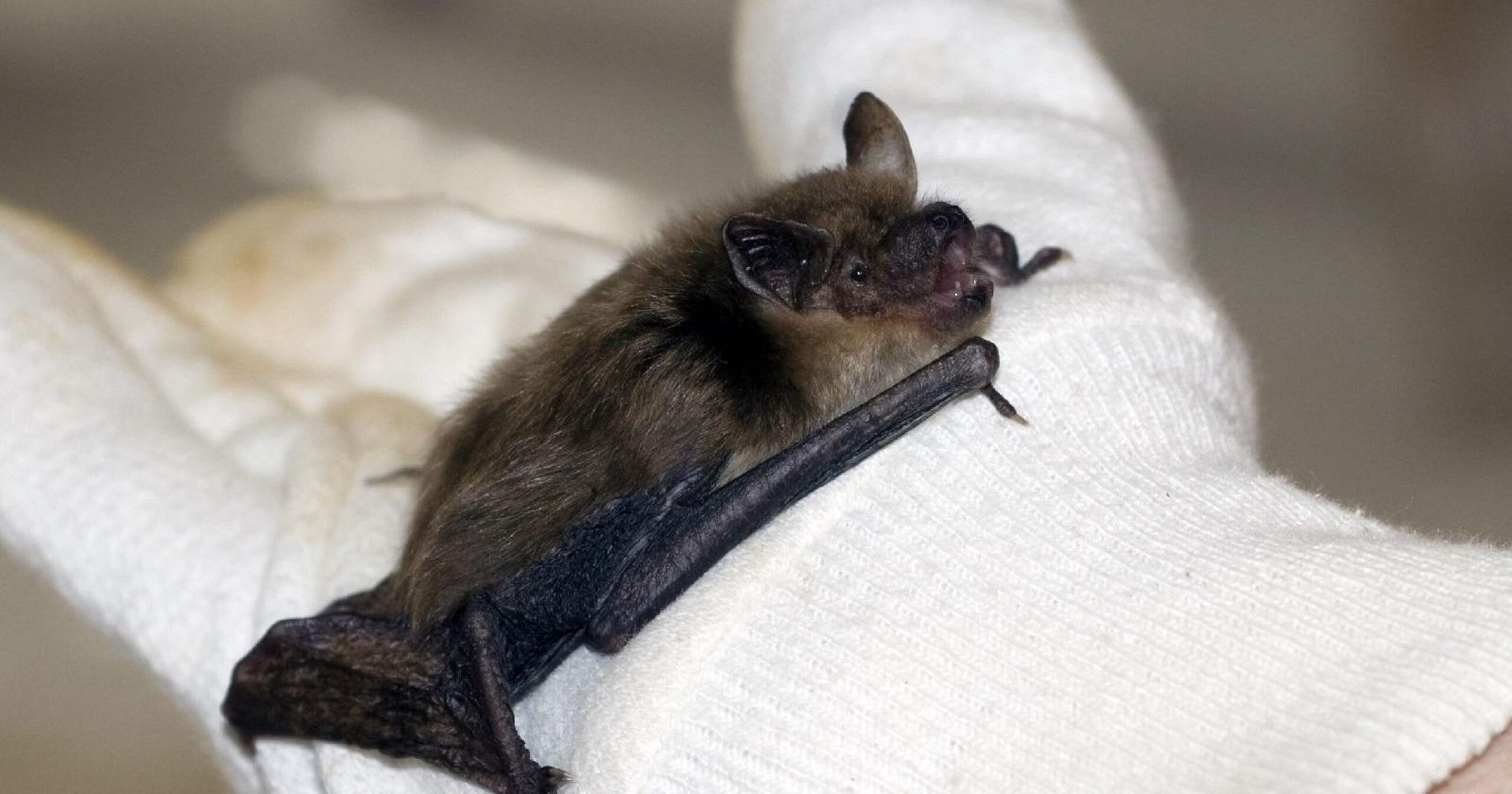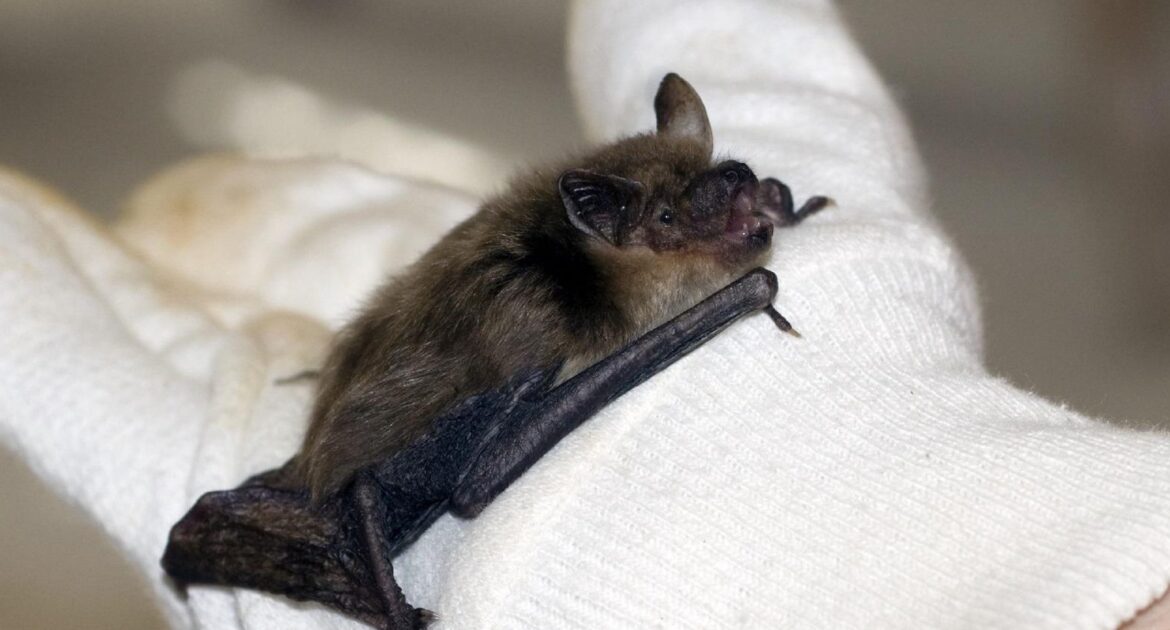Noise affects us all and it is one of the least highlighted types of pollution. But have you ever stopped to think about the impact it has on those animals that have heightened hearing senses? Bat removal experts in Pickering will be the first to tell you that wildlife animals, especially bats, are deeply affected by the noise we create.
A Quick Examination of Noise
The World Health Organization has established standards that help to distinguish between acceptable and unacceptable levels of noise. As an example, the organization has declared that at decibel levels above 53, traffic noise has become unsuitable for human beings. Another stipulation is that at night this sound should not exceed 45db. WHO maintains that exceeding these levels will result in adverse health experiences. For more information on how noise is affecting us every day check out this video.
But we live in a world that is almost dominated by noise as a byproduct of economic and social activities. Some may call it the price of progress. Perhaps more important to note is the fact that man-made noise is continuously reducing the size of areas in which only nature’s sound can be heard. This poses a problem for human and non-human users of these spaces.
How Noise Affects People
Noise pollution affects the ability of human beings to function normally in the world. Environmental noise (the sounds we do not wish to hear/undesirable sounds) contribute to the emotional and mental stresses experienced by people. People who live in areas that feature lots of noise (especially the traffic-related or industrial type) face a 15% chance of experiencing depression. This is so according to a 2015 study.
But the man-made also affects the animals in the area. Animals need to be able to communicate with each other and they do this through sounds. The intrusion of unnatural sounds creates a barrier. This barrier results in much of the animals’ survival geared activities (such as foraging or hunting) being limited.
How Noise Affects Bats
Bats in Pickering rely heavily on their sense of hearing to survive and when noise pollution interferes with their ability to hear, their survival is at risk. Additionally, their sense of hearing is superior to ours and as a result, the impact of noise on wildlife animals like these will be greater than that experienced by human beings.
Bats use echolocation to find their way around at night. The same echolocation abilities allow them to find prey. When noise interferes, the bats cannot do these things. In fact, experts have found that in noisy areas bats are less active.
Solving the Noise Pollution problem
The ideal solution is to eliminate man-made noise altogether. But unfortunately, noise is also an unavoidable part of human existence.
With the interventions adopted by local authorities, bat removal experts in Pickering will notice a positive impact on the flying mammals.




